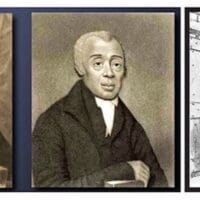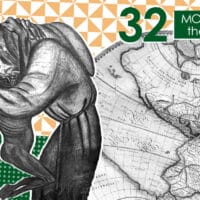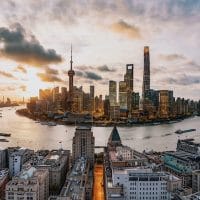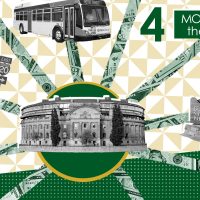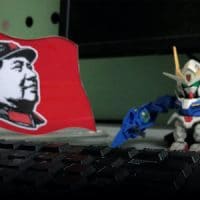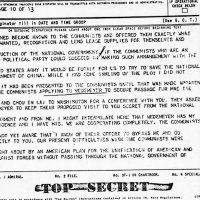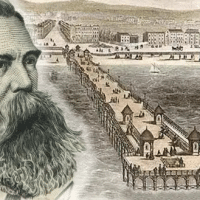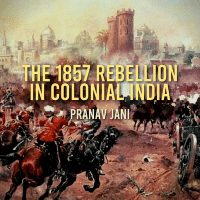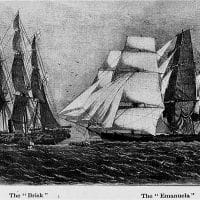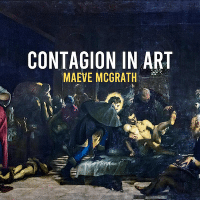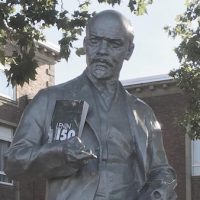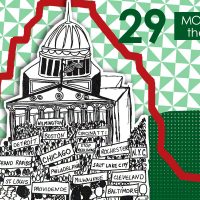-
Medical racism has shaped U.S. policies for centuries
The link between the 1793 yellow fever epidemic and the coronavirus.
-
The Franciscan Invention of the New World with Julia McClure
Money on the Left is joined by Julia McClure, lecturer in Late Medieval & Early Modern Global History at the University of Glasgow. McClure’s 2017 book, The Franciscan Invention of the World, draws compelling and confounding conclusions about the role of the late Medieval Franciscans in shaping the modern capitalist and colonialist world. We talk with McClure […]
-
Casualties of the Old Cold War should inform opposition to U.S.’ New Cold War against China
The U.S. share of the global economy has shrunk dramatically since 1960. On the other hand, China is on pace to surpass the U.S. in GOP terms in 2030.
-
In memory of Patrice Lumumba, assassinated on January 17, 1961
On 17 January 2021, we commemorate the 60th anniversary of the assassination of Patrice Lumumba (1925-1961).
-
The Rosenberg Orphans and the power of radical history
Orphaned after their parents were executed for espionage, the story of the Rosenberg boys is one all Americans should know.
-
Colonial injustice: the pardoning of the Blackwater killers
Along with a motley collection of wealthy swindlers and fraudsters, President Donald Trump on Dec. 22 pardoned four former Blackwater private contractors (mercenaries) convicted in the infamous Sept. 16, 2007, Nisour Square massacre in Baghdad.
-
Money as a Constitutional Project with Christine Desan
In this episode we are joined by Christine Desan, Leo Goettlieb professor of law at Harvard Law School to discuss her excellent book, Making Money: Coin, Currency, and the Coming of Capitalism.
-
John Brown as buffoon in ‘The Good Lord Bird’, vs. Brown as radical in ‘Underground’
Dennis Broe compares and contrasts two images of John Brown in recent TV series. Image above: John Brown at his zaniest, in The Good Lord Bird
-
Caste does not explain race
The celebration of Isabel Wilkerson’s Caste reflects the continued priority of elite preferences over the needs and struggles of ordinary people.
-
The new-style pop histories making socialism cool again
Online and on social media, popular historians are helping young Chinese reframe the country’s leftist past in a more positive light.
-
The voracious reader
“We do not tell the people: believe. We say: read,” a statement not made casually, but rather a public expression of a deep conviction, spoken by Fidel in 1961.
-
The Mao-Roosevelt No meeting, 1945
In January 1945, Mao Tse-tung sent a message to U.S. President Roosevelt asking to visit the U.S. and discuss future relationships with China. The message got blocked by a U.S. diplomat in China, and Roosevelt apparently did not receive it.
-
Friedrich Engels at 200: A revolutionary historian
Engels’ study of The Condition of the Working Class in England (1845) is a pioneering work of urban political ecology and urban sociology, that offers a vivid and human portrayal of the horrors which accompanied the Industrial Revolution.
-
The 1857 rebellion in Colonial India
The 1857 Rebellion against British rule in Colonial India hasn’t always received the attention it deserves, despite being one of the most important uprisings of the 19th century. Pranav Jani argues it’s high time we changed that.
-
We Are That History That Is Discredited, but Which Reappears When You Least Expect It
The coup followed an election that would have resulted in Morales’ fourth term as president, the results of which were questioned by the Organisation of American States or OAS (60% of whose funding comes from the U.S. government).
-
Capitalism, slavery, and economic white supremacy
What is at stake when we talk about the economics of North American slavery? Over the last 75+ years it has been whether capitalism superseded slavery or whether capitalism and slavery were co-constituted, capitalism to some extent relying on slavery.
-
Contagion in art
As the world continues to grapple with COVID-19, Maeve McGrath takes a look at how artists have depicted plagues and epidemics in times gone past.
-
Lenin150 (Samizdat): A Lenin birthday book
2020 is the birthday year of Vladimir Ilyich Ulyanov, whom most of us know as Lenin. If still alive, he would be 150 years old.
-
Money After Redlining with Rebecca Marchiel
In this episode, Money on the Left hosts speak with Rebecca Marchiel, Assistant Professor of History at University of Mississippi, about her important new book, After Redlining: The Urban Reinvestment Movement in the Era of Financial Deregulation (University of Chicago Press, 2020). After Redlining tells the story of the anti-racist urban reinvestment movement in early […]
-
The Sino-Russian alliance comes of age—Part 2
The Russian diplomacy, which has a glorious tradition in modern history, does not make its moves accidentally or impulsively. The historical consciousness is intense.

